Animal Crossing: New Horizons - Tips and tricks for catching rare bugs
Make some moolah by capturing rare bugs and selling them.
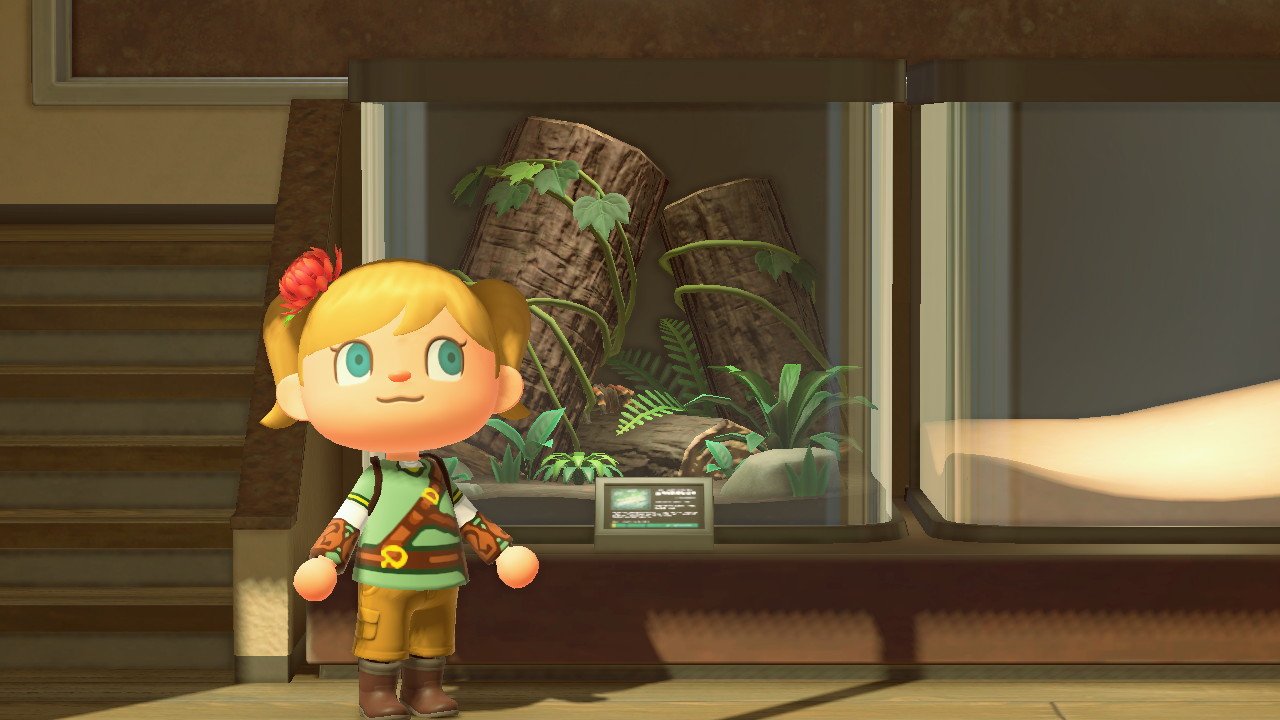
Among the many different ways to make lots of Bells in Animal Crossing: New Horizons, catching rare bugs is one of the most lucrative and rewarding. In addition to this, rare bugs are also incredibly important creatures for museum completionists to catch as they're important for finishing exhibits. That being said, rare bugs are named that way for a reason. They're difficult to come by, and often times they're easy to scare off, too. Thankfully, we're here to help improve your odds at finding and catching these elusive critters. Here's our list of tips and tricks to help you catch rare bugs in Animal Crossing: New Horizons.
Curate mystery islands
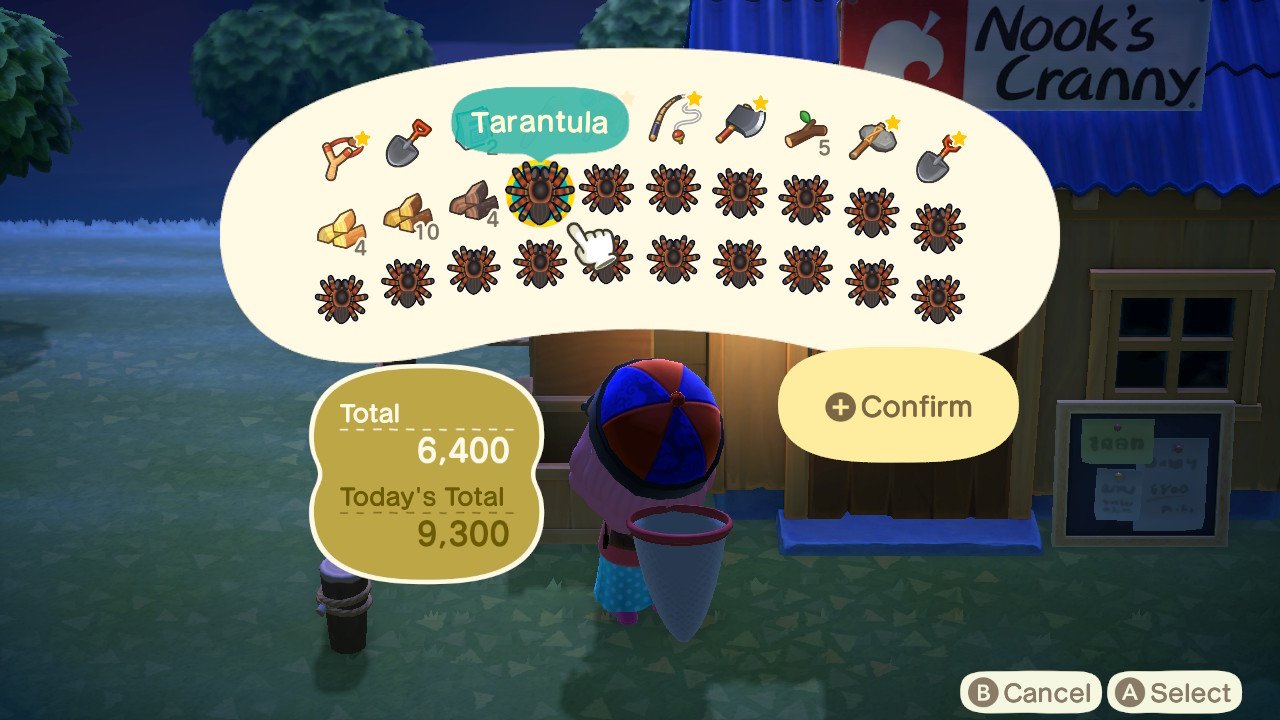
If there's a specific type of bug that you want to try and catch in Animal Crossing: New Horizons, the best way you can try and get them to spawn is to curate the island you're on to increase their spawn chance as much as you possibly can. Since this will require chopping trees down and more, you should do this on a mystery island. These can be visited by redeeming 2,000 Nook Miles for a Nook Miles Ticket from the kiosk in Resident Services and then using it to fly with Dodo Airlines.
First, look up where (and when) the bug you're after spawns (you can do so using our handy guide!). As an example, tarantulas and scorpions will only spawn on the ground. Armed with this information, you will then need to eliminate the chances of any other bug spawning on the island by removing the other types of scenery that bugs can spawn on. This means chopping down every tree, digging up every stump, destroying every rock, and picking the flowers off of every flower plant. You don't have to pick up weeds, but you can if you want to.
This won't guarantee that your desired bug will spawn — certain critters like wharf roaches or giant water bugs spawn in places that you can't get rid of with tools — but it will drastically increase the chances of them appearing. This is currently the best method for farming a specific type of rare bug in the game. With all of the added ways to collect insects, you can see why this is one of the best Nintendo Switch games out there.
Scare away common bugs
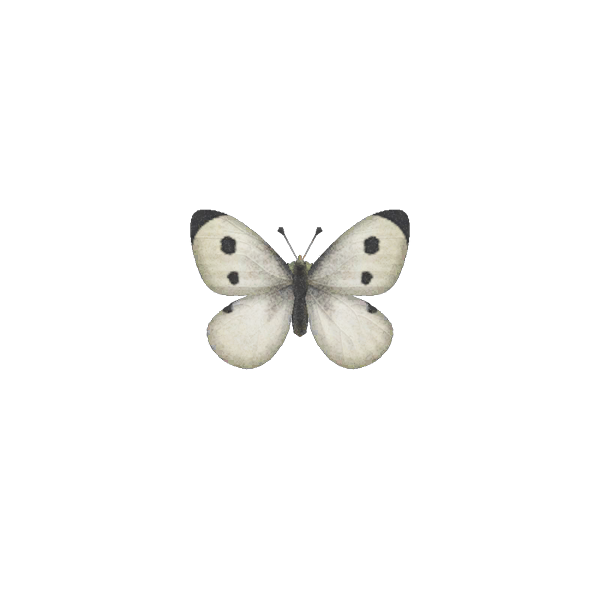
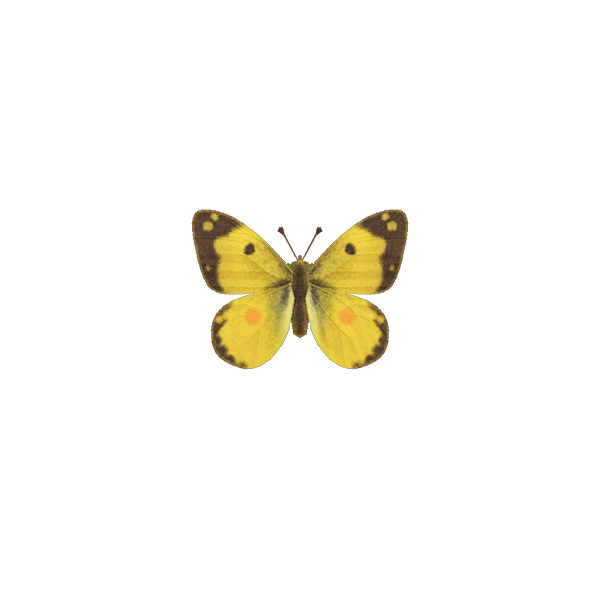
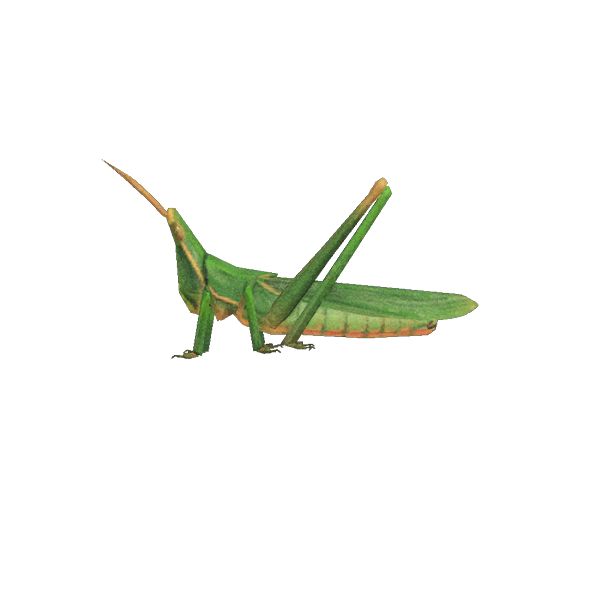
If you want to hunt for rare bugs without tearing apart the island you're on to boost your chances, the next best thing you can do is scare away common bugs that you don't want to find. This is because in New Horizon, an island can only have about four or five bugs on it at any given point. If those slots are being filled by common and generic bugs, there won't be any opportunities for rare critters to spawn in. Therefore, we recommend scaring away these bugs by sprinting near them. If they're a bug that doesn't respond to sprinting, such as butterflies, you can alternatively catch and then release them to get rid of them.
Hunt bugs during different times of day
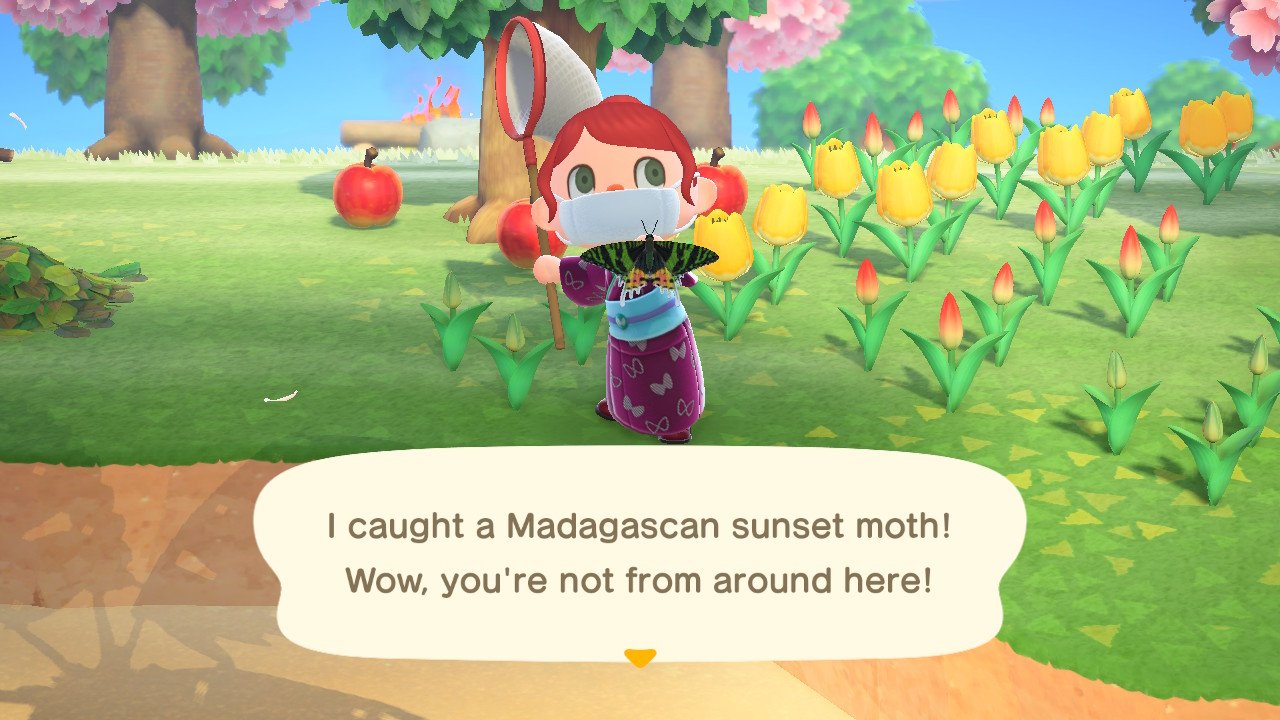
If you want to find a variety of different rare bugs, you'll need to go bug-hunting at different times of day. The aforementioned tarantula and scorpion can only spawn between 7 PM and 5 AM, for instance, while other bugs can only appear in the morning or in the afternoon. We recommend looking up when the critter you want spawns beforehand, but if you're just trying to catch rare bugs in general, make sure to search throughout the day.
Keep a close eye (and ear) out
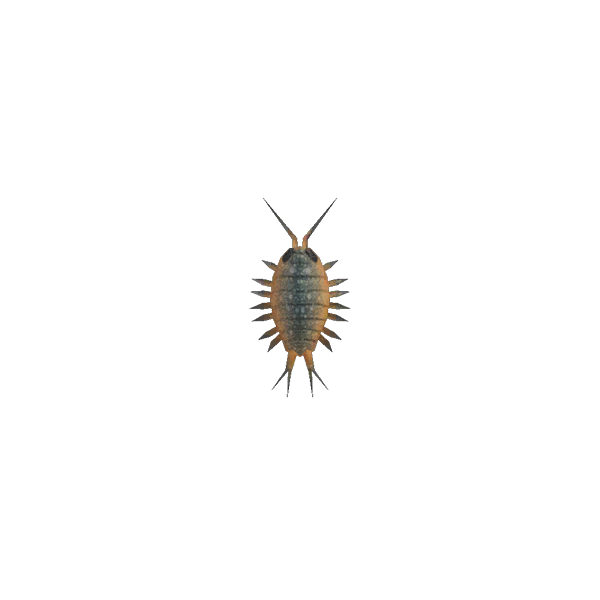
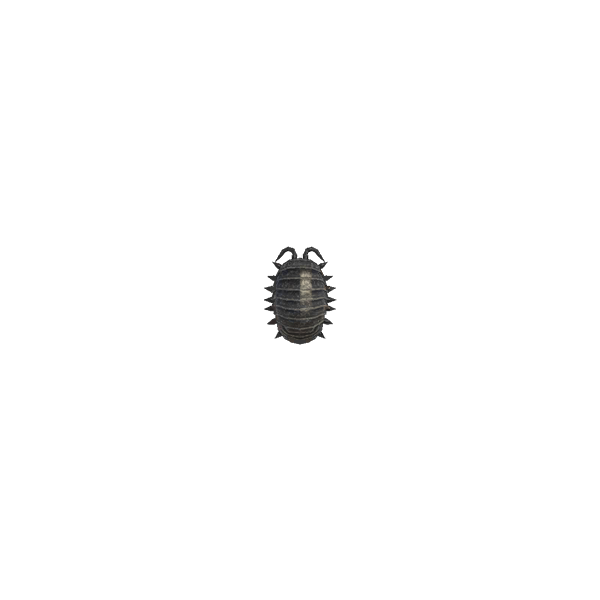
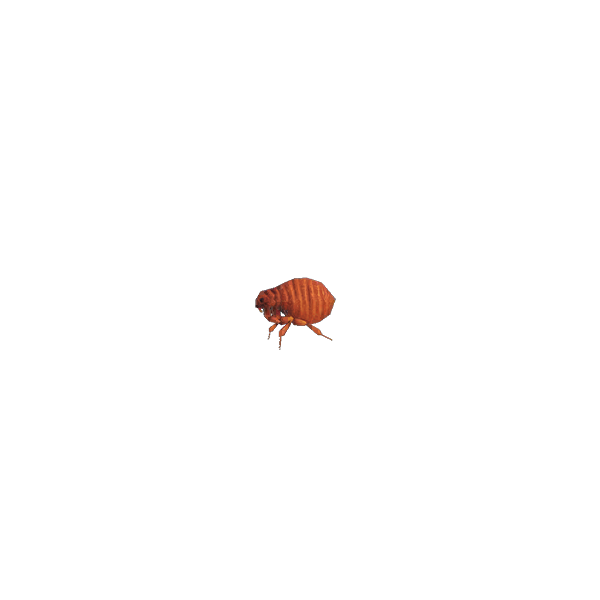
In general, a great way that you can increase your chances of snagging rare bugs is to make sure you're playing very close attention to your surroundings, as quite a few of the bugs can be hard to spot if you're not focused. For example, the wharf roach (found on beach rocks), pillbug (pops out of rocks when you hit them), and flea (may be found on another villager) can all be tough to spot if you're not looking around much. Bugs like this don't tend to sell for a lot of Bells, but they're fairly rare nonetheless and catching them for your museum is a good idea.
Master your iPhone in minutes
iMore offers spot-on advice and guidance from our team of experts, with decades of Apple device experience to lean on. Learn more with iMore!
While walking around, you should also be actively listening to sounds around you as well. This is because some uncommon bugs, such as crickets and beetles, can be heard before they can be seen.
Always have a spare net on hand
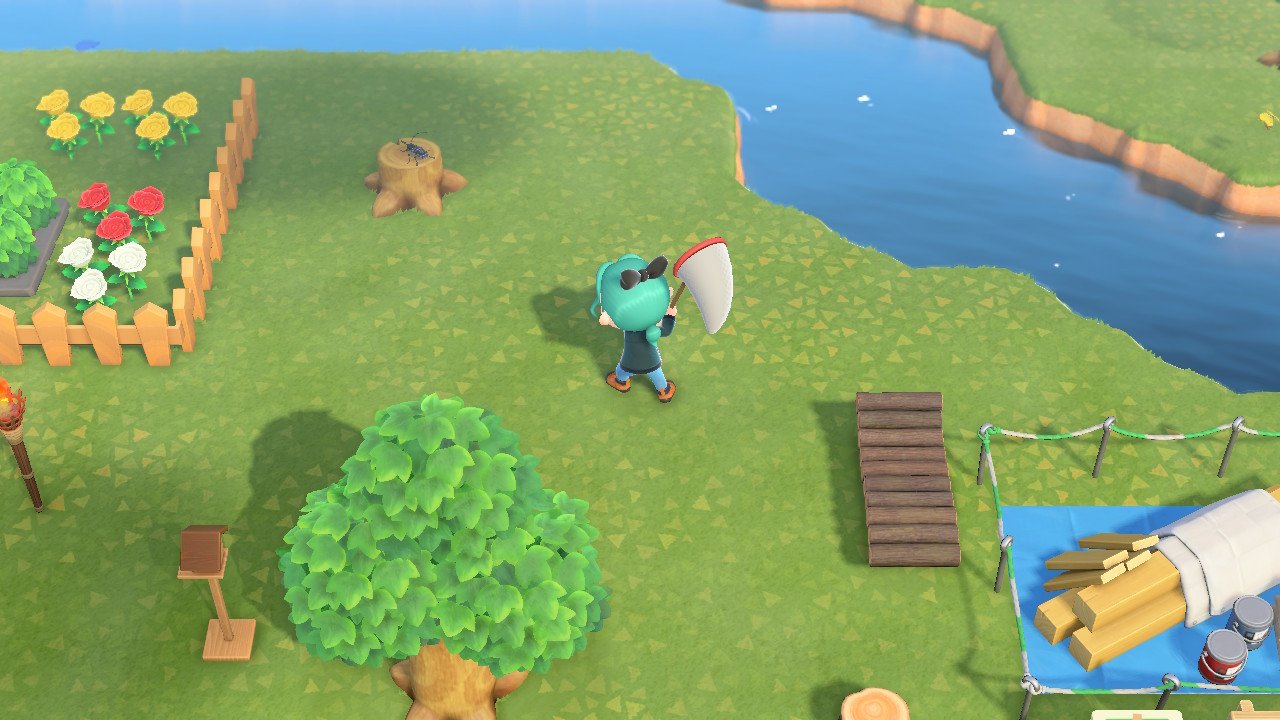
This seems like a no-brainer, but nevertheless it's extremely important. The last thing any bug hunter wants to do is run into one of the rarest bugs in the entirety of Animal Crossing: New Horizons, but be forced to give the catch up because their one and only net broke after catching a grasshopper beforehand. Having an extra net or two in your inventory can be a catch-saver.
Know when to use which movement style
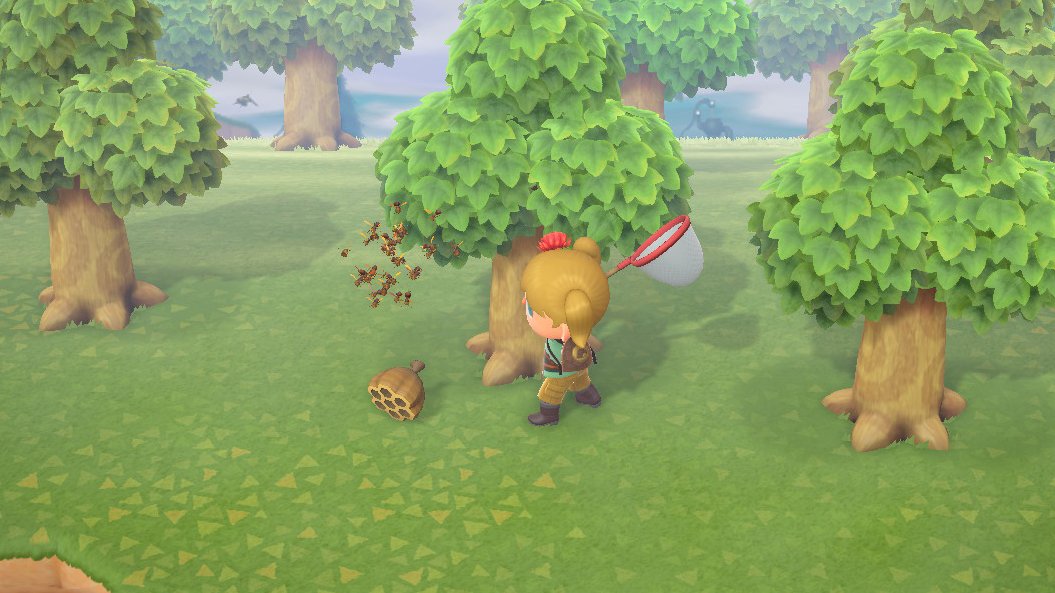
Lastly, a critical general tip to know is that you can use your net in two ways. You can use it quickly by walking or running up to a bug and hitting the A button to swing it speedily, or you can choose a slower and more cautious approach by holding down A and preparing your net and creeping toward the bug you're trying to catch. When you let go of the A button, you'll swing your net instantaneously.
Both types of movement have their place in Animal Crossing: New Horizons. The quick and aggressive method is ideal for bugs that don't scare easily and move constantly such as butterflies, bees, and grasshoppers. The slow and methodical approach will be required for bugs that scare easily and stay in one place without moving much, such as the atlas moth or ladybug. The wait-and-release mechanic of the slow method is also ideal for catching bugs that try to chase you down and attack you, like tarantulas, scorpions, and wasps. While using the slow method, we recommend practicing for awhile so that you get used to how far you're able to swing.
Master bug hunter
Different species of bugs appear at different times of the year in Animal Crossing: New Horizons. If you plan accordingly and play strategically, you'll be able to capture tons of bugs in no time. Rare bugs are harder to come across, but if you go on the hunt for long periods you might find some valuable insects.
- Nadine DorniedenContributor
- Rebecca SpearGaming Editor


